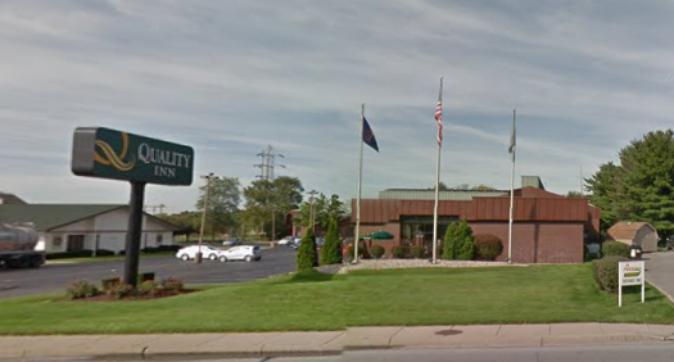Florida health officials are clamoring to set the story straight after a news outlet erroneously warned people to stay away from all of Florida’s panhandle beaches due to a “flesh-eating bacteria.”
But, there are only eight beaches closed, due to fecal bacteria, not flesh-eating bacteria, said officials from the Florida Department of Health on June 30.
The eight beaches have high concentrations of fecal bacteria and are located in Okaloosa and Walton counties.


